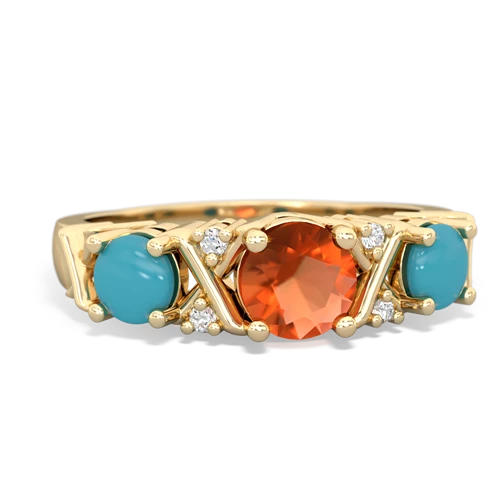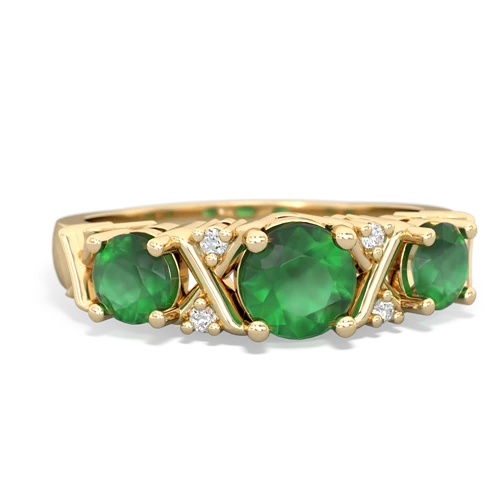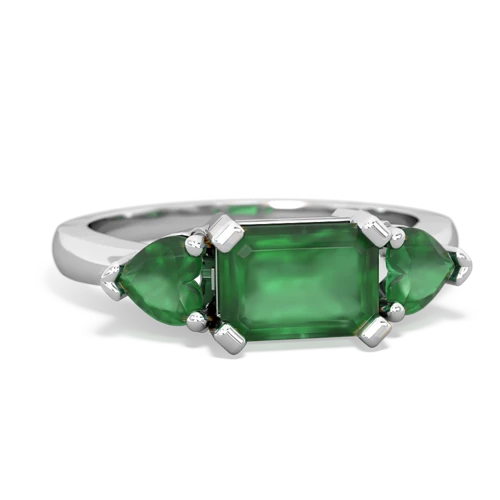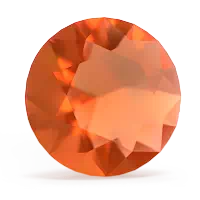

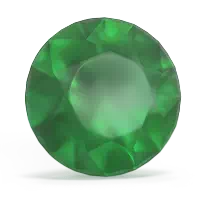
This birthstone of October embodies the orange and red colors of a warming fire. The fiery sparkle of this gem makes a fire opal ring become the center of conversation Jade is the stone given in celebration of the 12th, 30th, and 35th anniversaries of marriage. For thousands of years, the stone has been revered in China and other countries throughout the world. The birthstone of May, an emerald ring symbolizes the eternally returning spring. The velvety green color of emerald is a perfect match for spring and summer fashions.
